
The latest publication by University of Georgia School of Law Professor Melissa J. “MJ” Durkee is now in print at Yale Journal of International Law.
The article by Durkee, who is Associate Dean for International Programs, Director of the Dean Rusk International Law Center, and Allen Post Professor here at Georgia Law, is “The Pledging World Order,” 48 Yale J. Int’l L. 1 (2023).
Here’s the SSRN abstract:
“There is an emerging world order characterized by unilateral pledges within a legal or ‘legal-ish’ architecture of commitments. The pledging world order has materialized in the international legal response to climate change and in other diverse sites. It crosses and blurs the public-private divide. It erodes distinctions between multilateralism and localism, law and not-law, and progress and stasis. It is both a symptom of and a contributor to the dismantling of the Westphalian and postwar orders. Its report card is mixed: While pledging can be highly ineffective as a legal technology, the pledging world order may respond to some legitimacy concerns that attach to earlier orders. And this may be the best available method to respond to important global commons problems like climate change, biodiversity loss, orbital debris, and other emerging issues.
“This Article makes three principal contributions. First, it identifies pledging as a treaty design choice and contrasts it with a variety of standard forms of international lawmaking. Second, it casts pledging as a trans-regime, trans-substantive ordering device that appears both inside and outside of law, in public and private sites, and at all levels of organization. Third, it identifies features of the world order that pledging reflects. Specifically, the pledging world order privileges function over status, departs from the top-down methods of deep cooperation common to the postwar legal order, and embraces a form of coordinated autonomy. Reformers might make design choices to improve this order, try to reclaim features of older orders, or reject both paths and turn to something new.”
Prior posts on Durkee’s presentations of this scholarship here.






 ◄
◄  ►
►  ◄
◄  ►
►  ◄
◄ 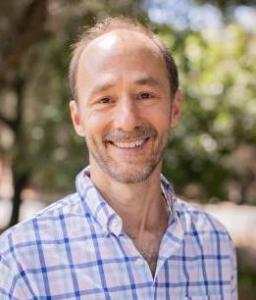 ►
► 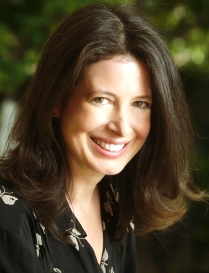 ◄
◄  ►
►  ◄
◄ 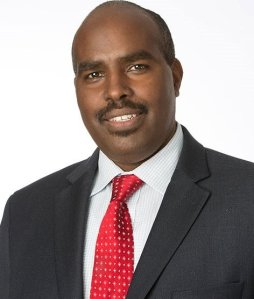 ►
► 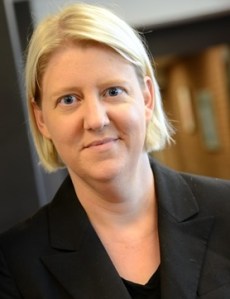 ◄
◄  ►
►  ◄
◄  ►
►  ◄
◄ 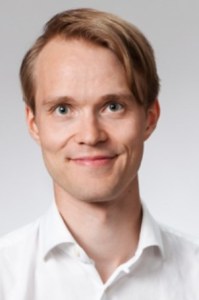 ►
► 


 “Fragmentation” is the title of a just-published book chapter by
“Fragmentation” is the title of a just-published book chapter by 